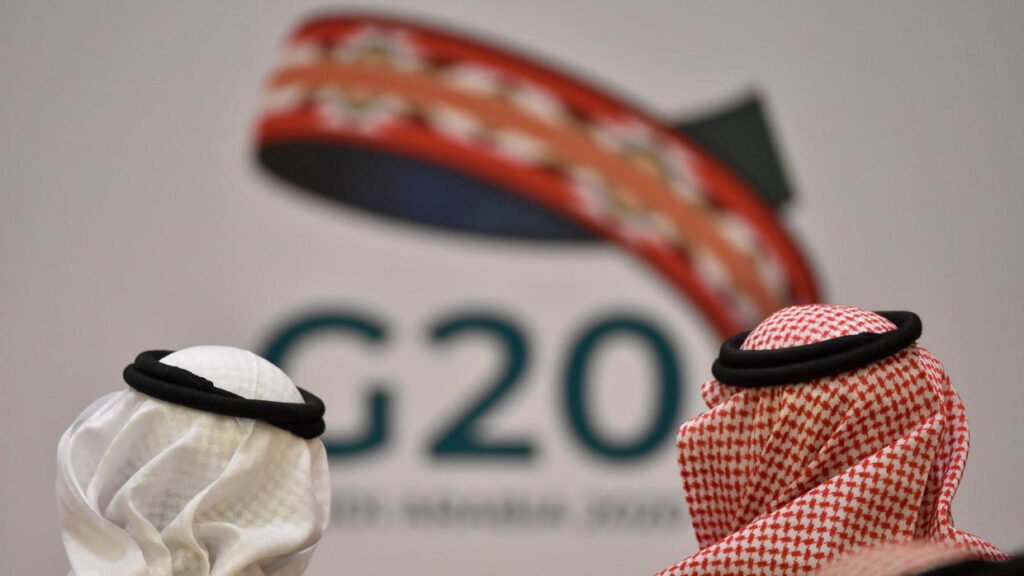While the World Economy was already experiencing a synchronized downturn to the weakest in a decade – owing to the US-China Trade War, Brexit uncertainty over Europe and beyond, Technology War (5G), and the rising geopolitical tension – the outbreak of the pandemic has added fuel to the fire and totally devastated major economies of the world. The poor countries had to face unprecedented loss to their economies. While economic devastation of the poor countries has caused major set- back to their tax revenues, their expenditures on health and social protection surged beyond imagination. Accordingly, these poor countries have faced serious constraints in honoring their debt service obligation.
Prime Minister Imran Khan was the first who appealed to the rich and the powerful countries. At the same time, Pakistan Foreign Minister Shah Mehmood Qureshi also talked to many of his counterparts of the rich and powerful countries for launching the debt relief initiative.
The voice of Pakistani leaderships was heard by the international community. The heads of the World Bank and the IMF requested the leadership of G-20 countries in early April 2020 for Debt Standstill for the poorest countries. On April 15, 2020, the G-20 economies announced a debt repayment freeze for 77 IDA eligible countries, (mostly African) including Pakistan, as well.
The salient features of the debt relief included a time-bound suspension of the debt repayment to bilateral creditors starting from May 01 and ending in December 2020; freezing, both principal and interest payment; private creditors were also asked to participate on a voluntary basis in debt relief because they are not expected to be a “free rider”. Debt relief has covered around $12 billion in bilateral debt service payments, owed by 76 IDA Countries, plus Angola; these countries owed $3 billion to private creditors (hedge funds, commodity traders, banks bonds holders) and that the recipient countries of the debt relief would not contact new non-concessional loans except those allowed by the IMF and the World Bank during the debt suspension period.
WANT TO READ MORE?

Article by: Ashfaque H. Khan


